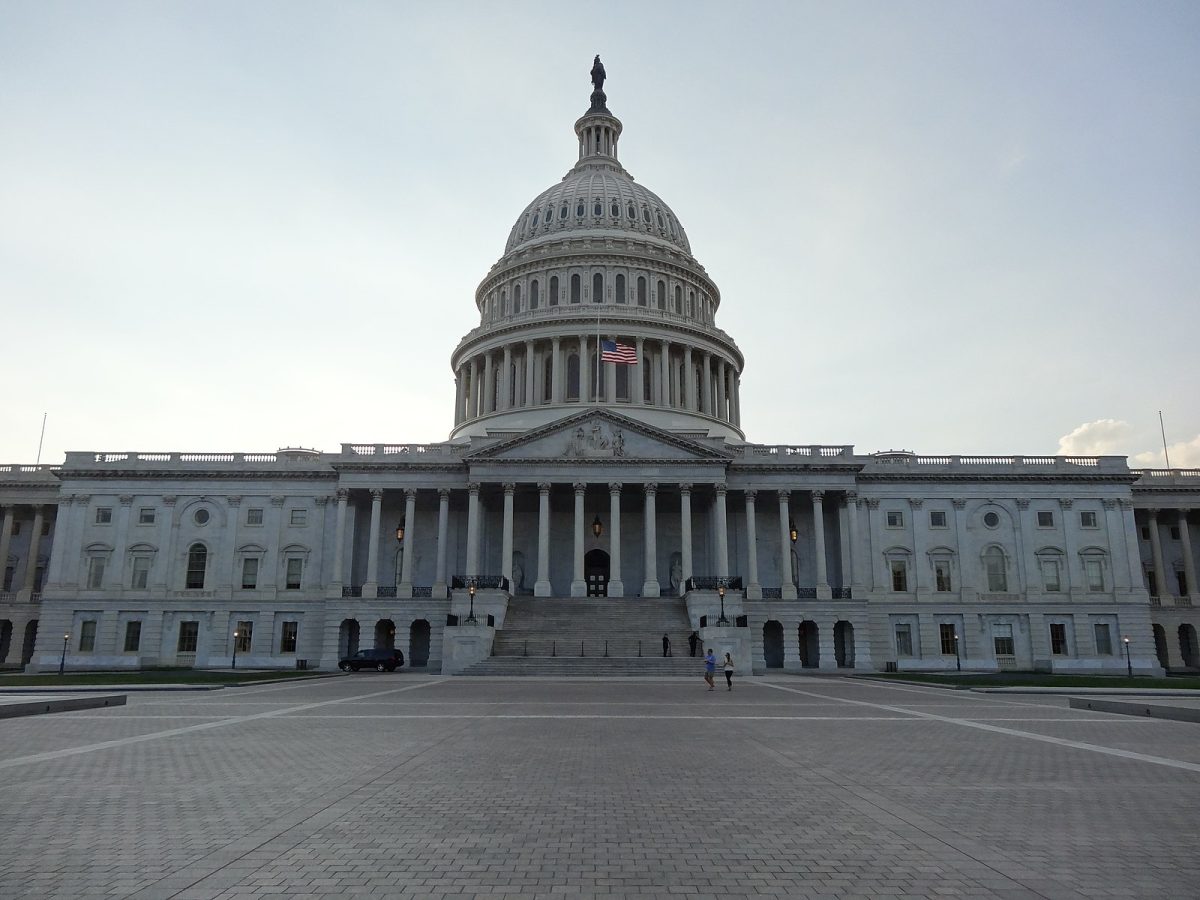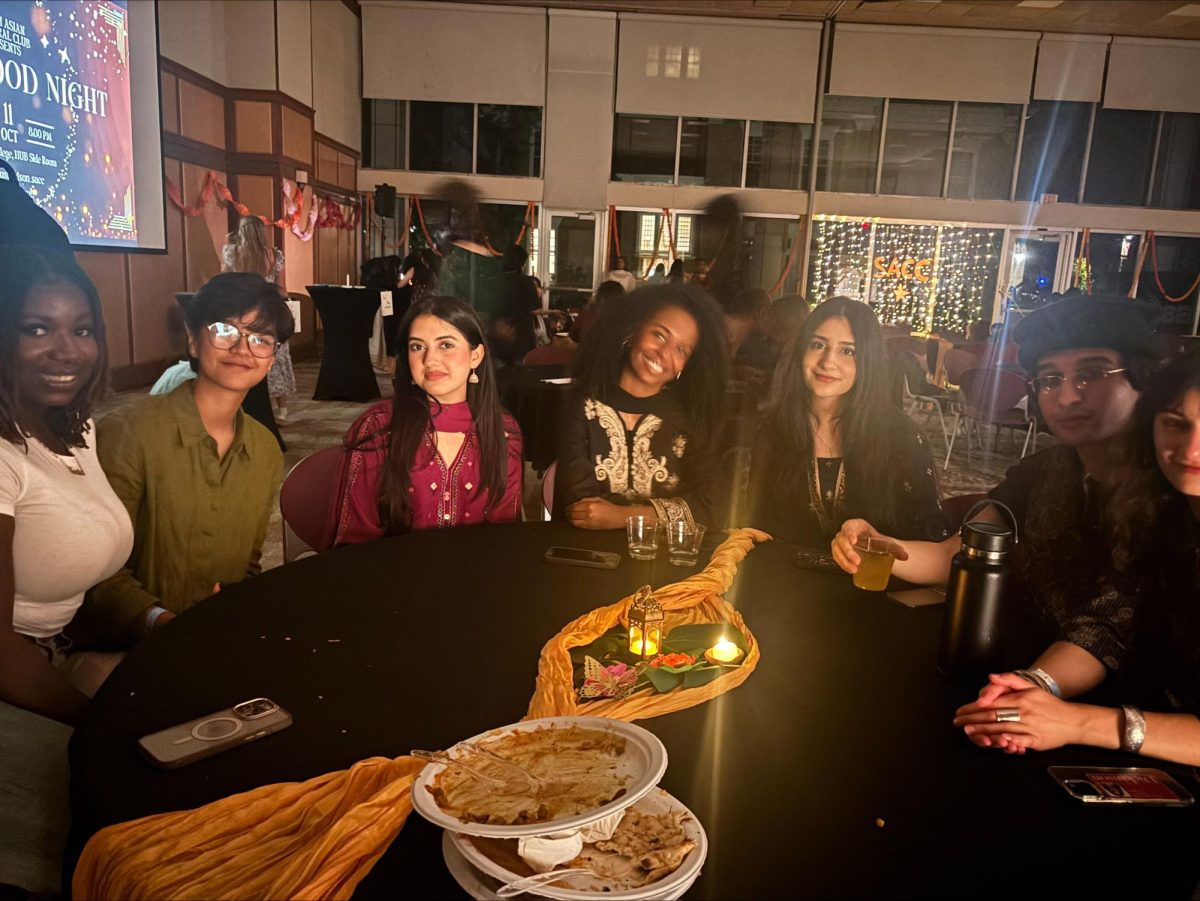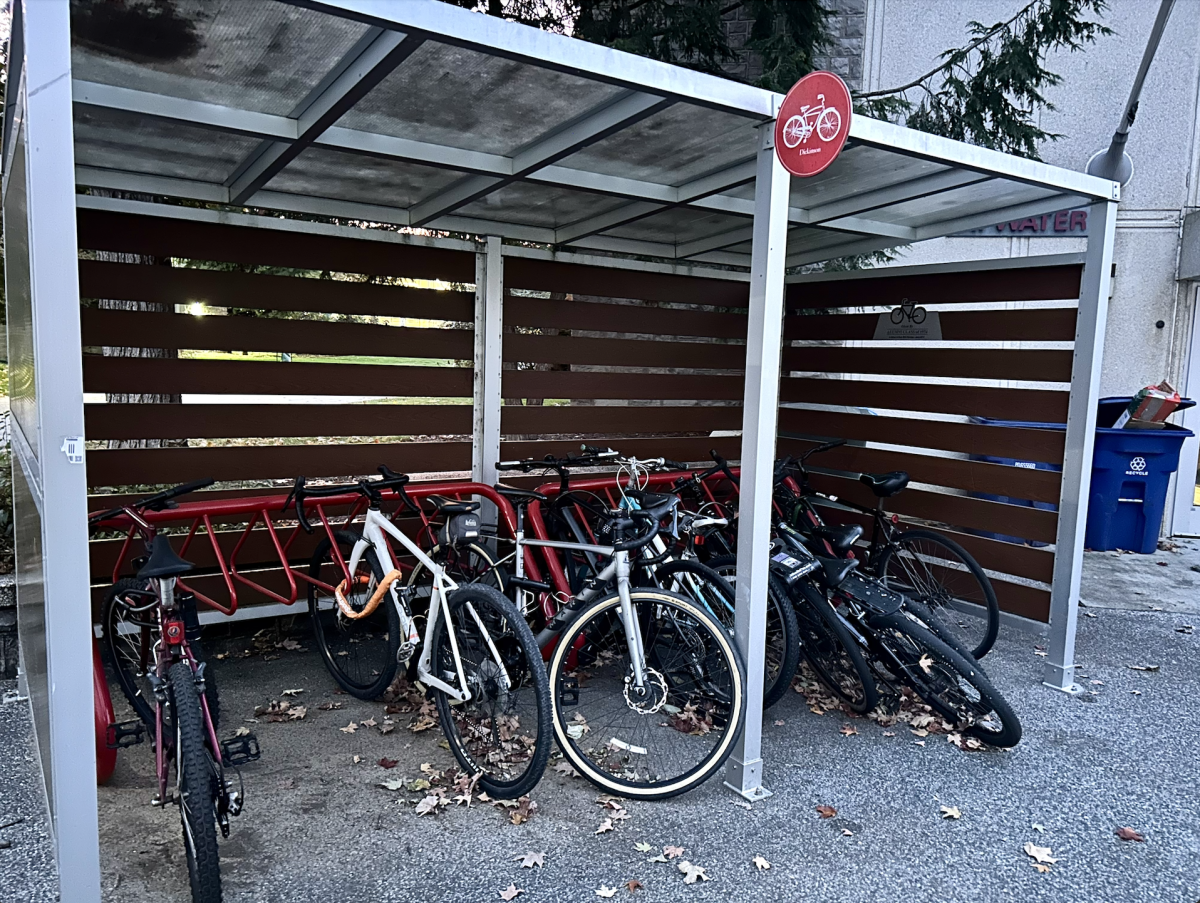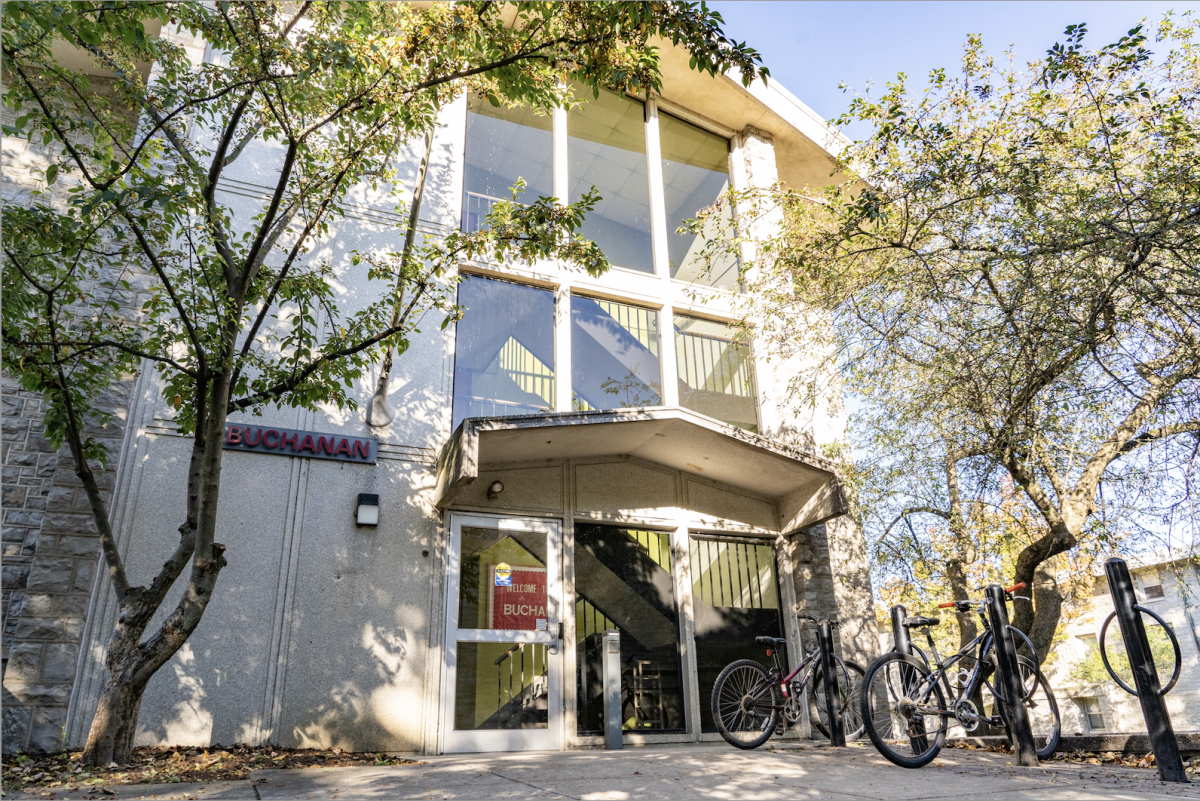The Clarke Forum for Contemporary Issues hosted a second talk about the 2024 elections on Nov. 14. Held in the Stern Center, a location which matched the focus on international reactions to the elections, five speakers, moderated by Professor Niebler, discussed reactions in their areas of expertise and their expectations for international relations in the upcoming years.
The first speaker was Willibroad Dze-Ngwa, a professor at the University of Yaoundé in Cameroon, who provided insight into what African geopolitics might look like under a second Trump term. African women are concerned by the result, given that the United States was previously viewed as an advocate for gender equality, a position undermined by the election of a convicted sexual assaulter. Other negative impacts of the incoming administration would be cuts to U.S. Agency for International Development (USAID) development and climate-mitigation funding.
Post doctoral fellow at the Universidad Nacional de Cuyo (National University of Cuyo) in Argentina, Mario Guerrero, focused on the ramifications of the election on Latin American politics. One shift in U.S. behavior would be to assert its ideal order on the region, rather than the traditional approach of moderating disputes. Such an attitude may weaken attempts to fix the migrant crisis and limit Chinese influence. Additionally, the U.S. is likely to become more combative towards Cuba, Nicaragua and Venezuela as opposed to fostering productive relationships, which would undermine its standing among the populations in those countries.
Professor Hilary Sanders is a dual-U.S. and French citizen who teaches at the University of Toulouse. Her analysis focused on the opportunities for French President Emmanuel Macron to become a larger player in European politics. French immigration policies, which include sporadic deportations, will look more moderate in comparison to internment camps. Additionally, a more hands-off U.S. gives France greater latitude within European security policy, particularly in the North Atlantic Treaty Organization (NATO).
Konstantin Sonin of the University of Chicago represented the Russian perspective on the election. He specializes in Russian politics and is unable to return to Moscow. His prediction is that the Russian government is jubilant about the prospect of an easily convinced White House. Additionally, Moscow will enjoy the prospect of potential negotiations with the U.S. over the conflict in Ukraine and ignoring Kyiv. Trump’s administration will embolden the Kremlin.
Neil van Siclen is a business consultant in Bremen. He focused on the opportunities a new Trump administration would provide to radical movements across Europe. The far left would be thrilled by the prospect of a decline in American power and influence across the world, whereas the far right would benefit from increased pressure by a friendly White House on their governments. Economically, German industry might suffer from tariffs imposed by the U.S. and this is an area of diplomacy which was especially contentious during the first Trump administration.
The audience, which included about 20 students, had the chance to ask questions. Professor Dze-Ngwa was asked about what might happen to Chinese investments in Africa. The likely result will be that the U.S. will try to curry favor with unsavory regimes as opposed to promoting human rights. A more economic focus on American international relations is also likely.
Another significant question is what the far right in various countries of expertise would think of the election result. Guerrero stated that while President Javier Millei of Argentina may appear brash, his economic policies are the opposite of Trump’s. Professor Sanders added that there is the chance that failed tariffs would serve as a deterrent to far-right parties in Europe from attempting to copy the U.S.
This sequel to the first post-election talk featured a more diverse range of speakers. The talk examined the reactions of populations and governments across the world, ranging from the friendly to the hostile.












